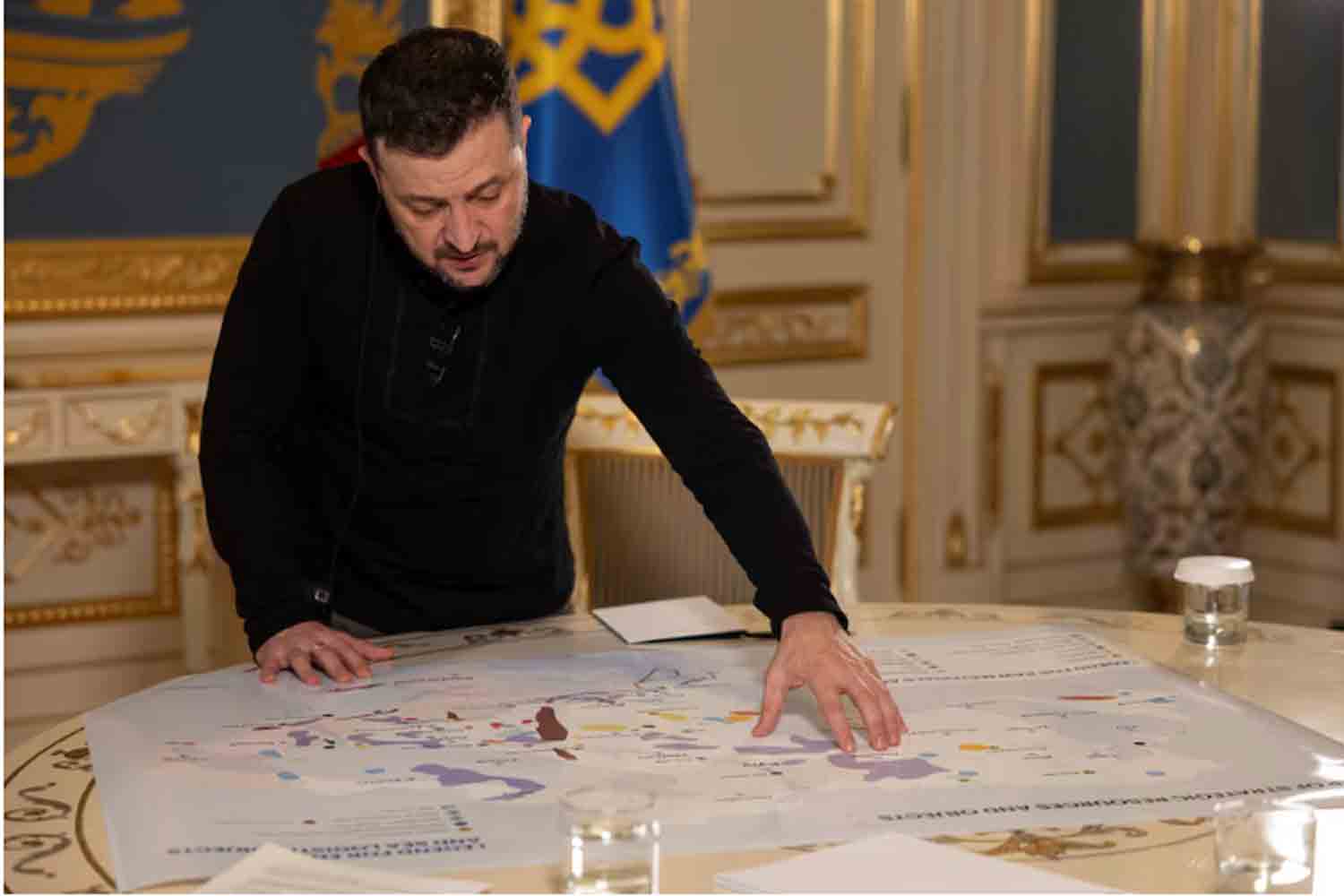U.S. President Donald Trump is set to meet Japanese Prime Minister Shigeru Ishiba for the first time on Friday, as both leaders, cautious of China’s growing influence, aim to strengthen their business and security partnerships amidst a worsening trade conflict that poses risks to the global economy.
In his initial weeks in office, Trump has disrupted established norms and unsettled foreign governments from Canada to Colombia, yet he has adopted a more traditional stance towards long-standing allies in the Asia-Pacific region, including Japan, South Korea, Australia, and the Philippines.
However, these alliances may face challenges due to Trump’s early confrontations with China regarding synthetic opioids and potential tariffs on various countries, including Japan, which could jeopardize trade relations across Asia and beyond.
A senior official from the Trump administration indicated that the discussions will cover military training exercises, enhanced collaboration on defense technology and equipment, foreign investment, and energy initiatives.
Additionally, topics such as cybersecurity, space exploration, and collaborative ventures in artificial intelligence and semiconductor industries will be on the agenda, according to the official.
“The United States values its enduring alliance with Japan,” the official remarked. “Our nations will continue to collaborate to deter regional threats through our comprehensive military capabilities,” they added.
When questioned about the U.S. trade deficit with Japan and the potential for tariffs, another senior official noted, “President Trump is very attentive to trade deficits as a measure of economic fairness and the strength of our relationship, so I anticipate that this will be a topic of discussion.”
Trump has implemented a 10% tariff on all imports from China, describing it as an “opening salvo” in a confrontation between the two largest economies, prompting consumers and businesses to adapt swiftly.
Japan’s economy is heavily reliant on trade, being a significant exporter while depending on imports for a large portion of its food and natural resources. Many Japanese companies have substantial investments in China and are reliant on its market.
Tokyo aligns with the hawkish stance of Trump’s national security team regarding China’s global ambitions and its extensive territorial claims in Asia, particularly concerning the crucial semiconductor-producing island of Taiwan.
Simultaneously, Japanese officials express caution about potential overtures from Beijing aimed at winning over the U.S. president through promises of collaboration on critical global matters, including trade. Trump recently communicated with Chinese President Xi Jinping just days before his inauguration and has indicated plans to discuss tariffs with him shortly.
Privately, Japanese officials convey a level of comfort in engaging with Trump’s China hawks, such as Secretary of State Marco Rubio and National Security Advisor Michael Waltz. However, they are less at ease with members of the administration who maintain strong business connections with Beijing, including billionaire Elon Musk, who has established a considerable influence in Washington.
Trump and Ishiba are anticipated to conduct a joint press conference on Friday afternoon.
PREPARING FOR TRUMP’S EXPECTATIONS
For Tokyo, the initial visit to the White House is an encouraging indication from the new Trump administration.
“There are only two foreign leaders who have been welcomed in the Oval Office,” noted Rahm Emanuel, Biden’s ambassador to Japan. “Those are Bibi Netanyahu of Israel and Japan. This is a positive development and a favorable sign.”
Trump had a strong rapport with the late Japanese Prime Minister Shinzo Abe, but he currently lacks a relationship with Fumio Kishida, who assumed office in October. Japanese officials are eager to change this dynamic and are planning to extend an invitation for Trump to visit Japan.
Japan is preparing for Trump to seek concessions aimed at reducing the $56 billion trade surplus and mitigating the risk of tariffs. According to officials speaking to Reuters, Tokyo is considering several concessions, such as increasing purchases of LNG from the United States and supporting a $44 billion gas pipeline project in Alaska. Additionally, SoftBank CEO Masayoshi Son has pledged to invest hundreds of billions in artificial intelligence initiatives in the U.S.
“The Japanese are certainly exploring ways to decrease the trade deficit while also creating jobs in the United States, particularly in sectors that align with Donald Trump’s interests,” stated Kenneth Weinstein, head of the Japan program at the conservative Hudson Institute in Washington.
Tensions extend beyond trade matters, highlighted by Japan’s Nippon Steel’s attempt to acquire U.S. Steel. Former President Joe Biden intervened to block this acquisition but postponed enforcement due to ongoing legal proceedings; Trump has also expressed intentions to prevent the deal.
On a more positive note, there are encouraging indications of stability, with both leaders anticipated to reach an agreement on security topics, particularly concerning China and Taiwan, as per an official familiar with the talks.
Additionally, discussions are likely to cover North Korea. The Trump administration has reiterated its commitment to the complete denuclearization of North Korea, while the President has shown a willingness to engage with the nation. Trump initiated this approach during his first term, although it yielded limited results.
Discover more from Defence Talks | Defense News Hub, Military Updates, Security Insights
Subscribe to get the latest posts sent to your email.





